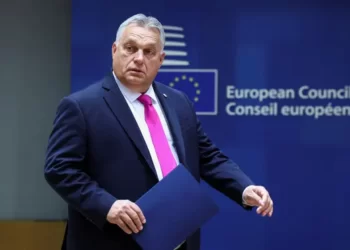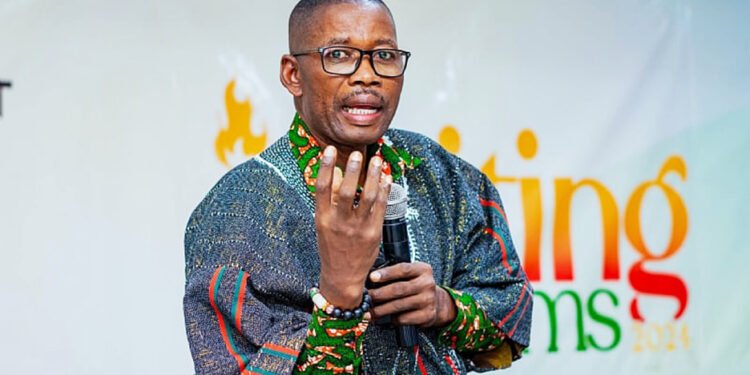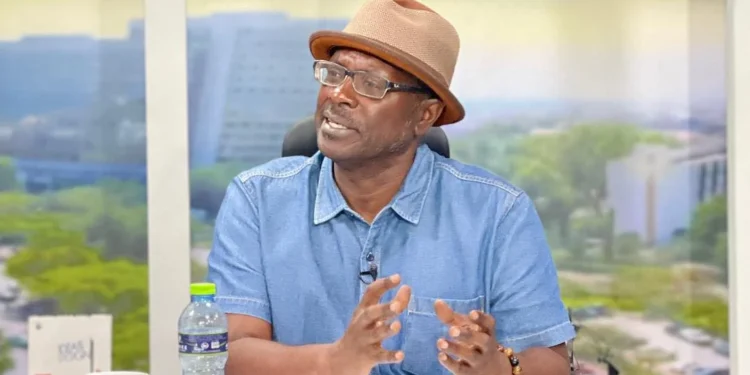Germany has announced a €65bn (£56.2bn) package of measures to ease the threat of rising energy costs, as Europe struggles with scarce supplies after Russia’s invasion of Ukraine.
The package is much bigger than two previous ones and will include one-off payments to the most vulnerable and tax breaks to energy-intensive businesses. It brings the total spent on relief from the energy crisis to almost €100bn, which compares to about €300bn spent on interventions to keep the German economy afloat during the Covid-19 pandemic. Countries across Europe are considering similar measures.
Energy prices have soared since the February invasion, and Europe is trying to wean itself off Russian energy. Ukraine, on the other hand, has urged Europe to stand firm.
President Volodymyr Zelensky, has revealed that Russia is trying to destroy the normal life of every European citizen. He noted that Russia is preparing a “decisive energy attack on all Europeans” and only unity among European countries would offer protection.
According to website Politico, European Union officials have warned there is likely to be a crunch point in the coming months when countries start to feel acute economic pain while also still being asked to help the Ukrainian military and humanitarian effort.
Meanwhile, protests are teething as protesters take to the streets of the Czech capital Prague, rallying against high energy prices and calling for an end to sanctions against Russia. Police stated that about 70,000 people, mainly from far-right and far-left groups were in attendance.
Protests mount over rising energy costs
Also, several hundred protesters have gathered at Lubmin in north-eastern Germany, the terminal of the Nord Stream gas pipeline from Russia. The protestors were calling for the commissioning of Nord Stream 2, a new pipeline which was about to go online but was blocked by the German government after the invasion.
Prior to that, Russia indicated that it was suspending gas exports to Germany through the already operating Nord Stream 1 pipeline indefinitely. The stand-off with Russia has forced countries like Germany to find supplies elsewhere, and its stores have increased from less than half full in June to 84% full.
German Chancellor, Olaf Scholz, told journalists Germany would get through the winter, insisting that Russia was “no longer a reliable energy partner”. He highlighted that the government would make one-off payments to pensioners, people on benefits and students and there would also be caps on energy bills.
Mr Scholz noted that a windfall tax on energy company profits would also be used to mitigate bills. Also, some 9,000 energy-intensive businesses would receive tax breaks to the tune of €1.7bn.
In the interim, UK Tory leadership hopeful, Liz Truss, has revealed that she will announce a plan to deal with energy costs within a week if she becomes prime minister on Tuesday. Also, EU energy ministers are due to meet on September 9 to discuss how to ease the burden of energy prices across the bloc.
A document released about the meeting says the agenda will include price caps for gas and emergency liquidity support for energy market participants.
READ ALSO: President Akufo-Addo Inspects 91% Complete Elmina Fishing Harbour























